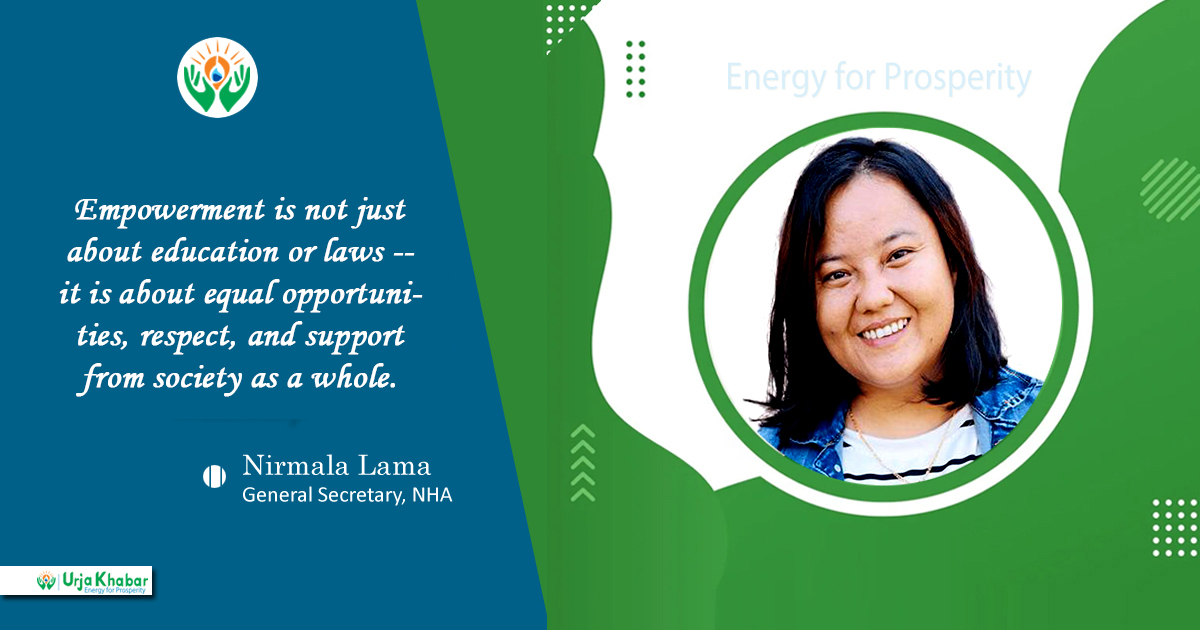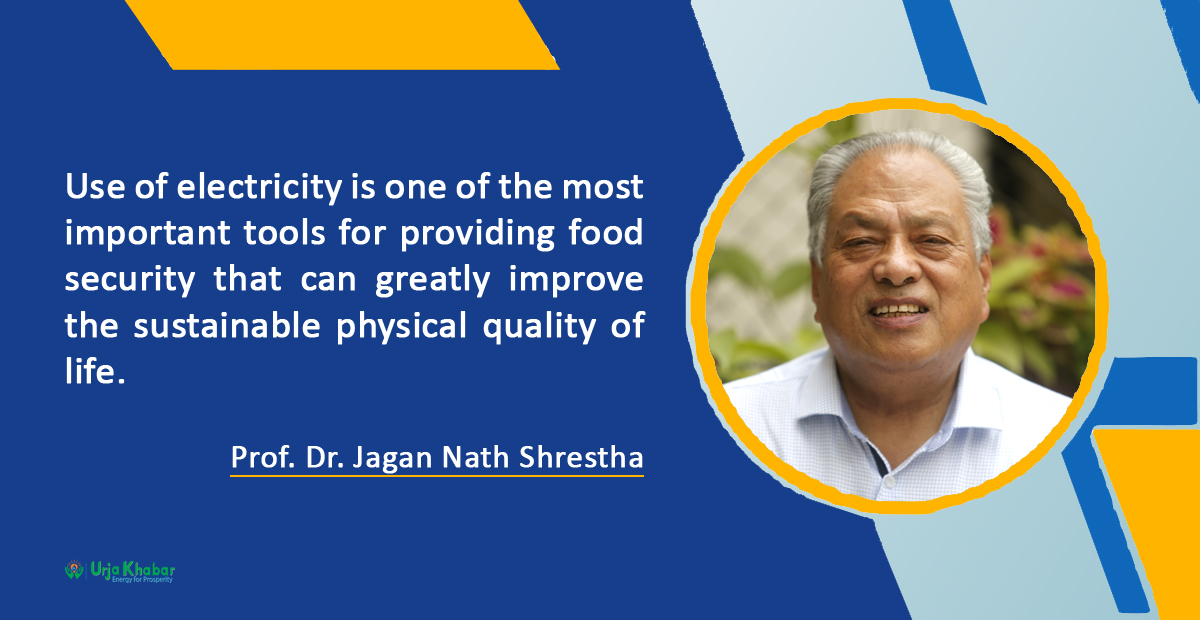Energy Update
Feminist Activities in Nepal

Most societies in the world are male-dominated, where women are often treated as second-class citizens. This system is deeply rooted in South Asia, and Nepal is one of the countries where women have long been dominated in almost all aspects of life. Therefore, to bring gender equality in any society, feminist activities are essential. The feminist movement in Nepal has a long history of advocating for gender equality, justice, and human dignity. While these activities are not new, their role in today’s socio-political context is more important than ever.
Women’s voices began to receive greater attention after the People’s Movement (Jana Andolan) of the 1990s, highlighting issues such as domestic violence, child marriage, dowry, and other harmful practices. Looking back, the practice of Sati Pratha reflects the deep cruelty women faced in the past. Many organizations and influential women stepped forward to raise awareness and speak out against these injustices. These collective efforts led to important legal reforms, including the criminalization of domestic violence in 2009 and the recognition of equal property rights for daughters.

We can see noticeable changes in the status of women as a result of these feminist movements. Access to education has improved significantly over the years. In my mother’s and grandmother’s time, education was almost out of reach for most women. Their lives were mostly confined to household duties and caring for children. In contrast, my generation has had much better access to education, which has allowed me to become independent in many ways -- especially in achieving financial stability and making my own decisions.
However, progress also comes with its own challenges. The problems today are different from those faced by our mother and grandmother. For example, because of the lack of proper laws and workplace support, many working women are forced to leave their careers after having children. Several studies have found that Canada ranks among the highest in terms of mothers returning to work after childbirth, with a return rate of approximately 92%. Ireland follows with 82%, while the United States and France both have return rates of 55%, placing them lower on the list.

Several studies have found that Canada ranks among the highest in terms of mothers returning to work after childbirth, with a return rate of approximately 92%. Ireland follows with 82%, while the United States and France both have return rates of 55%, placing them lower on the list. Unfortunately, in countries like Nepal, the return-to-work rate is likely to be significantly lower -- though no official data has been collected to confirm this
Unfortunately, in countries like Nepal, the return-to-work rate is likely to be significantly lower -- though no official data has been collected to confirm this. This highlights that the experience of returning to work after childbirth is often challenging and discouraging for many mothers. To improve this situation and encourage working mothers to rejoin the workforce, supportive policies such as paid maternity leave, flexible working hours, shared parental leave, and accessible childcare services are essential.
Mental and emotional challenges are increasingly becoming a major concern for women today, particularly among younger females. Studies and data suggest that the suicide rate among young girls is higher compared to boys of the same age group. However, this trend changes after the age of 18, when the suicide rate among women drops significantly and becomes lower than that of men in the same age category. This pattern highlights that young women are especially vulnerable during their teenage years, often struggling with emotional instability, social pressures, and mental stress.
To address this issue, early education that focuses on emotional intelligence, resilience, and life skills could play a vital role. Teaching young girls how to view life positively, handle stress, express emotions in healthy ways, and seek help when needed can empower them to navigate challenges more confidently. Such education not only supports mental well-being but also helps young women grow into emotionally strong, independent individuals capable of making informed life decisions.
There have also been reported cases of women dying by suicide as a result of postpartum depression, highlighting a deeper concern about the mental health of women in today’s fast-paced and competitive world. Although healthcare services are gradually improving, existing reports and statistics clearly show that mental health needs to be given greater priority in both policymaking and practical implementations. To address this growing concern, mental health education after childbirth is crucial for both parents.
Such education should focus on teaching parents how to express their emotions, manage stress, and balance thoughts during this challenging period. Fathers also carry an important responsibility and should be equally involved in understanding and supporting new mothers, especially when women are physically and emotionally vulnerable due to the physical transformation and hormonal changes that come with childbirth. By educating fathers on how to provide emotional support and share responsibilities, the well-being of the entire family can be strengthened. Policymakers need to take this issue seriously and ensure that mental health support and education are integrated into maternal and child healthcare programs.
In rural areas, harmful traditional practices like chhaupadi (menstrual seclusion) still exist and, in some cases, have even led to death. Moreover, Nepal's citizenship laws continue to discriminate against women, making it difficult for them to pass citizenship to their children if the father is a foreign national. Women are also more vulnerable to natural disasters, human trafficking, drug addiction, rape, social injustice, and even honor killings.
These ongoing issues clearly show that the feminist movement in Nepal is still very much necessary. Empowerment is not just about education or laws -- it is about equal opportunities, respect, and support from society as a whole. Until women are treated as equals both at home and in public life, the struggle for gender equality must continue.
The Writer is an MSc in Hydraulics and River Dynamics.
Conversation

Nirmala Lama
Mrs Lama is a General Secretary of Nepal Hydropower Association (NHA)
- Info. Dept. Reg. No. : 254/073/74
- Telephone : +977-1-5321303
- Email : [email protected]













